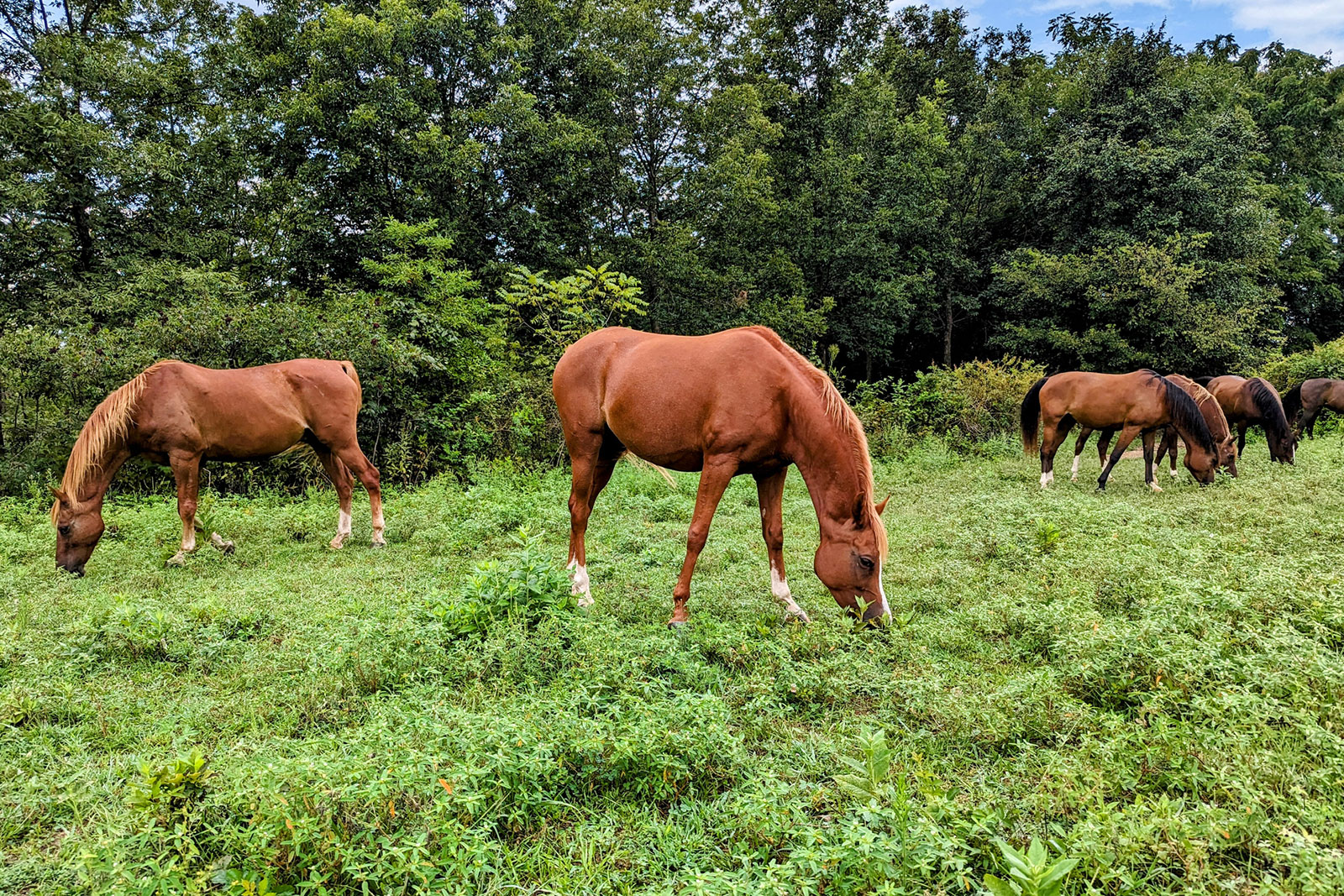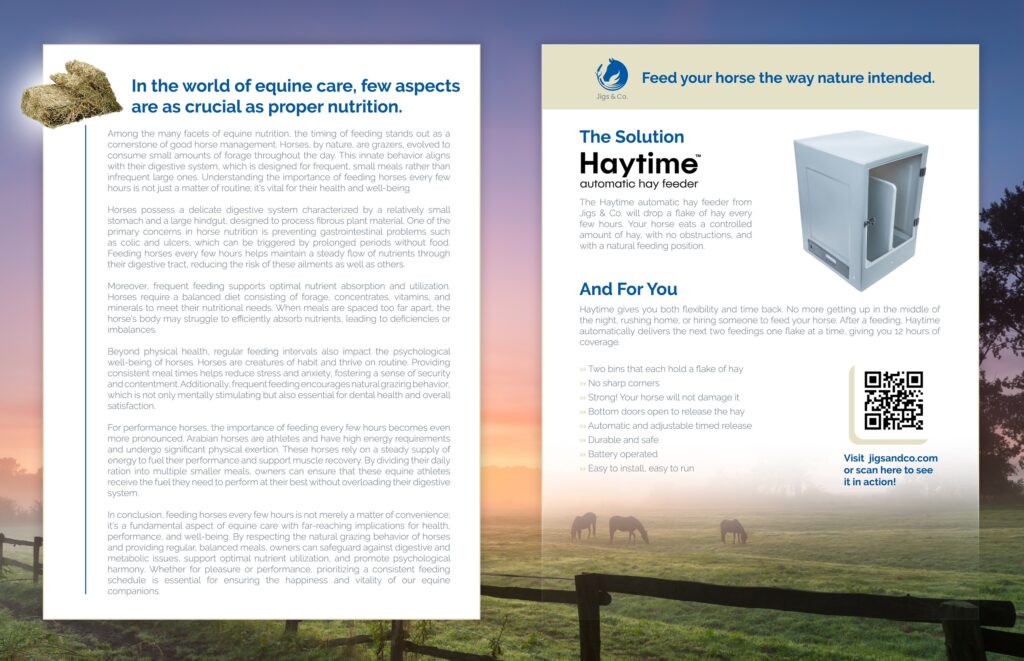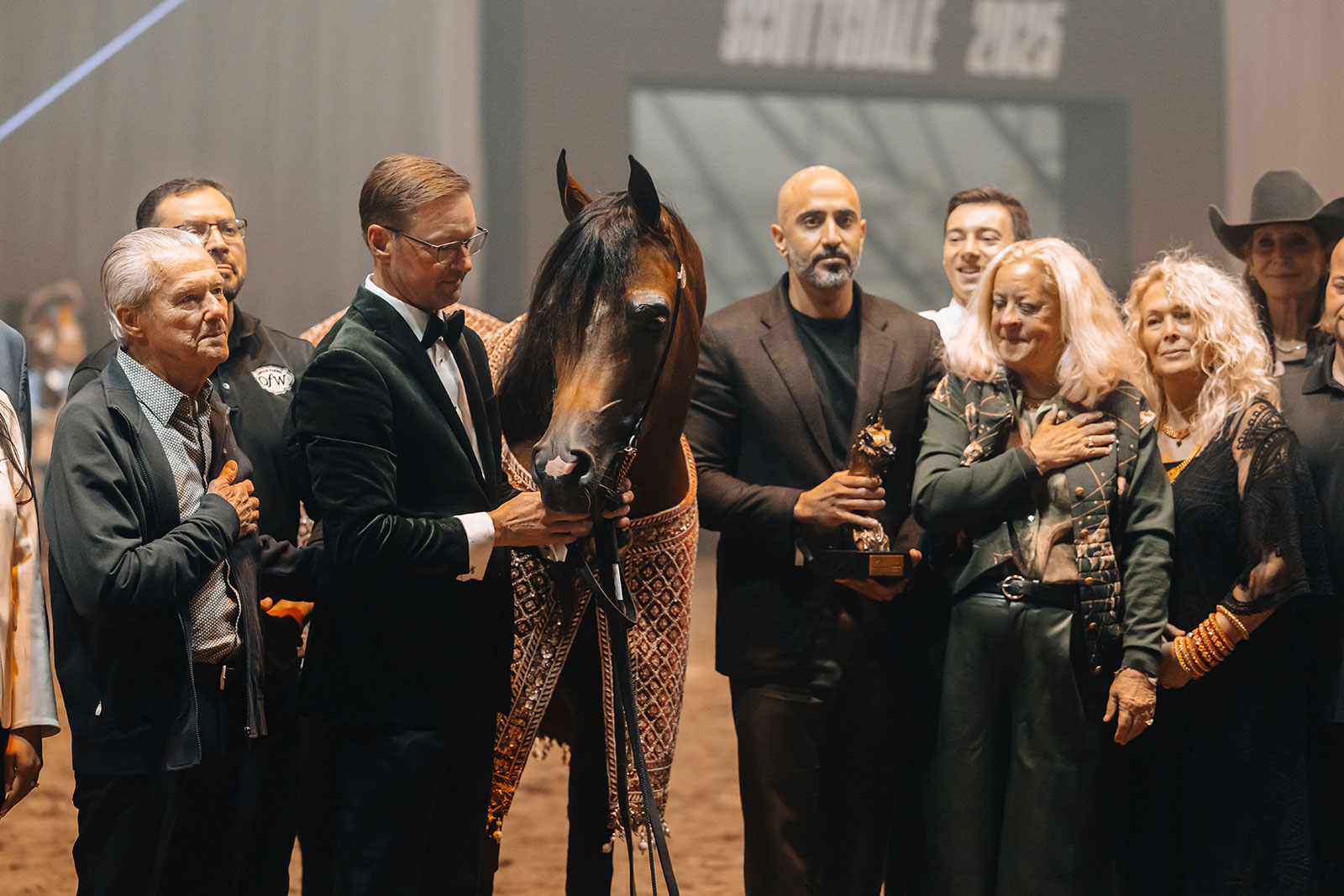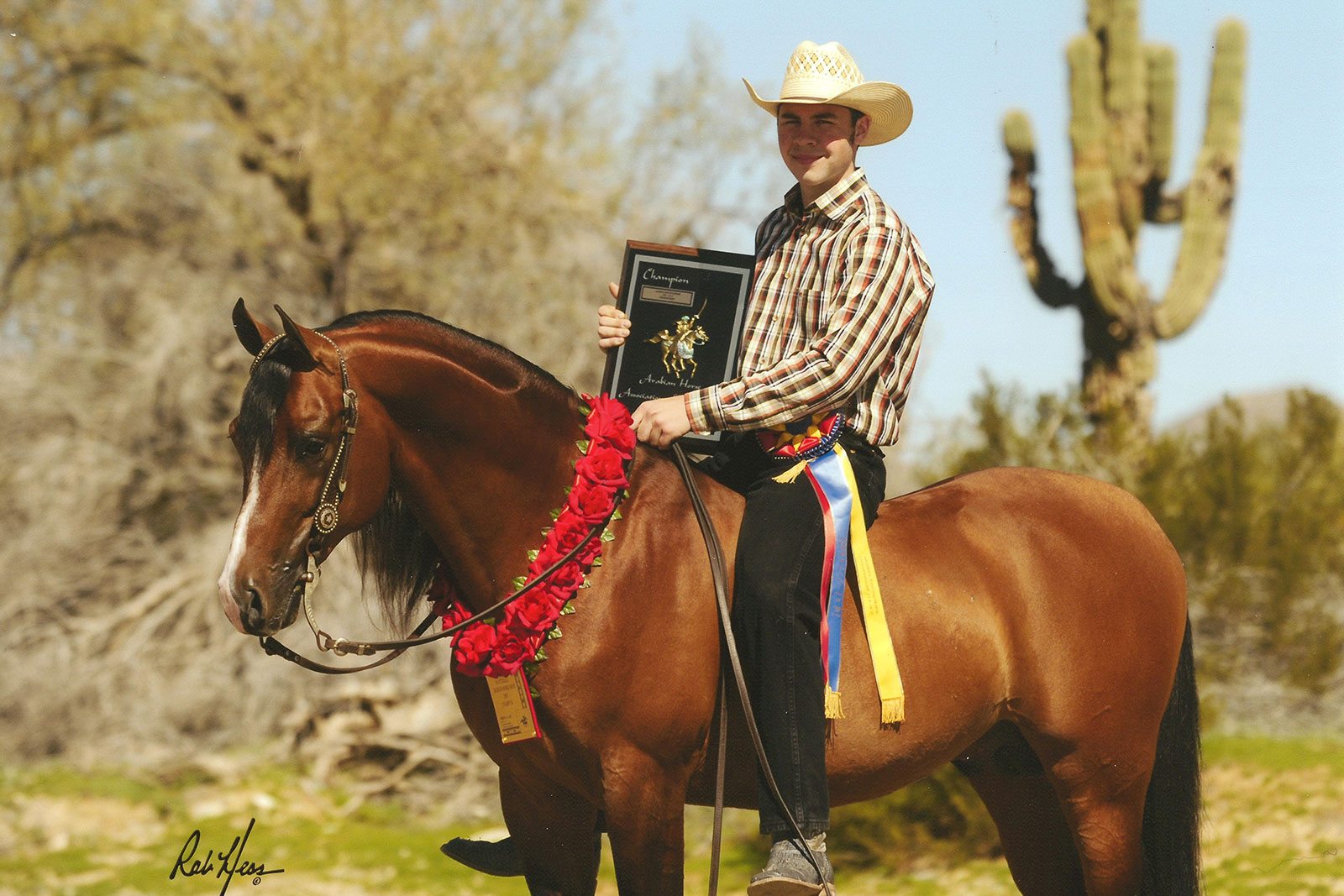By Allyssa Baird
As featured in the Spring 2024 issue of Arabian Horse World
In the world of equine care, few aspects are as crucial as proper nutrition. Among the many facets of equine nutrition, the timing of feeding stands out as a cornerstone of good horse management. Horses, by nature, are grazers, evolved to consume small amounts of forage throughout the day. This innate behavior aligns with their digestive system, which is designed for frequent, small meals rather than infrequent large ones. Understanding the importance of feeding horses every few hours is not just a matter of routine; it’s vital for their health and well-being.
Horses possess a delicate digestive system characterized by a relatively small stomach and a large hindgut, designed to process fibrous plant material. One of the primary concerns in horse nutrition is preventing gastrointestinal problems such as colic and ulcers, which can be triggered by prolonged periods without food. Feeding horses every few hours helps maintain a steady flow of nutrients through their digestive tract, reducing the risk of these ailments as well as others.
Moreover, frequent feeding supports optimal nutrient absorption and utilization. Horses require a balanced diet consisting of forage, concentrates, vitamins, and minerals to meet their nutritional needs. When meals are spaced too far apart, the horse’s body may struggle to efficiently absorb nutrients, leading to deficiencies or imbalances.
Beyond physical health, regular feeding intervals also impact the psychological well-being of horses. Horses are creatures of habit and thrive on routine. Providing consistent meal times helps reduce stress and anxiety, fostering a sense of security and contentment. Additionally, frequent feeding encourages natural grazing behavior, which is not only mentally stimulating but also essential for dental health and overall satisfaction.
For performance horses, the importance of feeding every few hours becomes even more pronounced. Arabian horses are athletes and have high energy requirements and undergo significant physical exertion. These horses rely on a steady supply of energy to fuel their performance and support muscle recovery. By dividing their daily ration into multiple smaller meals, owners can ensure that these equine athletes receive the fuel they need to perform at their best without overloading their digestive system.
In conclusion, feeding horses every few hours is not merely a matter of convenience; it’s a fundamental aspect of equine care with far-reaching implications for health, performance, and well-being. By respecting the natural grazing behavior of horses and providing regular, balanced meals, owners can safeguard against digestive and metabolic issues, support optimal nutrient utilization, and promote psychological harmony. Whether for pleasure or performance, prioritizing a consistent feeding schedule is essential for ensuring the happiness and vitality of our equine companions.
THE SOLUTION

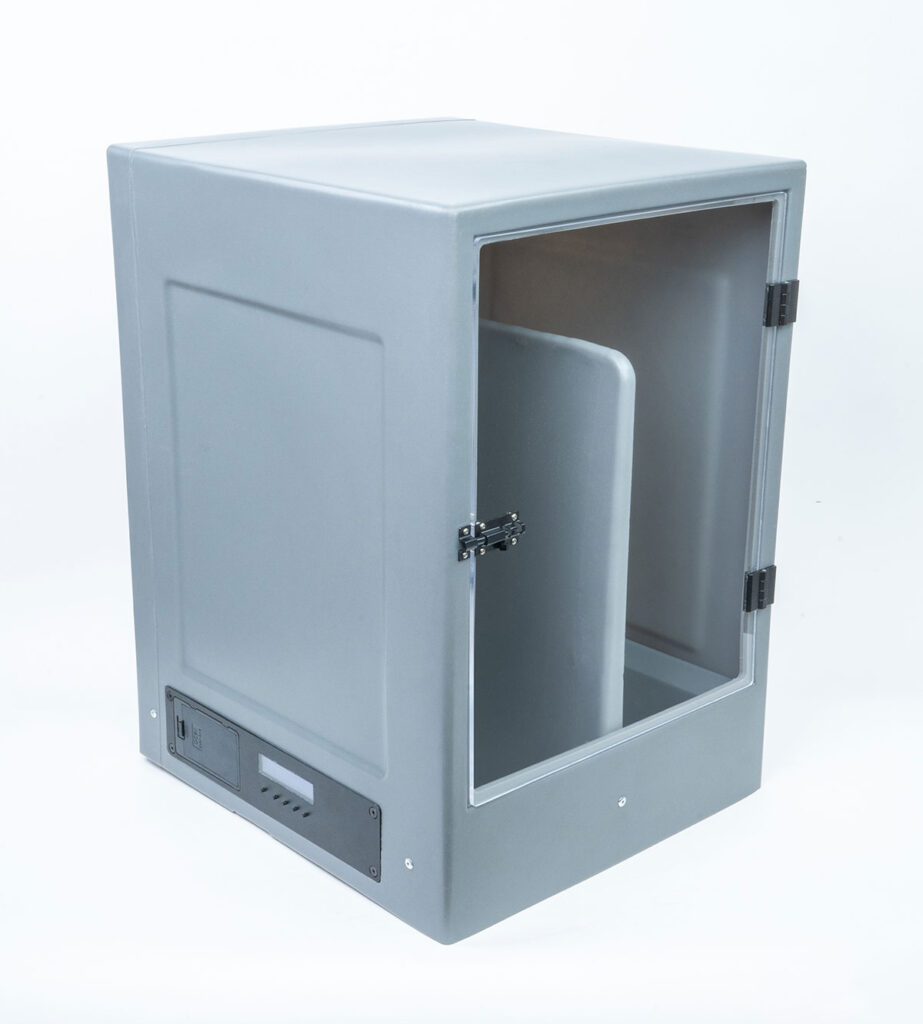
For your horse
The solution is simple. The Haytime automatic hay feeder from Jigs & Co. will drop a flake of hay every few hours. Your horse eats a controlled amount of hay, with no obstructions, and with a natural feeding position, which reduces the risk of equine digestive health issues.
And for you
Haytime gives you both flexibility and time back. No more getting up in the middle of the night, rushing home, or hiring someone to feed your horse. After a feeding, Haytime automatically delivers the next two feedings one flake at a time, giving you 12 hours of coverage.
And Haytime gives you peace of mind and comfort, knowing your horse is fed as nature intended. Reduce the risk your horse having digestive health problems that can be devastating emotionally and financially for you and your family.
Learn more about this product at jigsandco.com.



